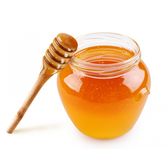
100% Premium Natural Honey from Nepal

네팔
|
게시자 Goylan Agro Pvt. Ltd.
|
최신 업데이트 날짜 2021년 5월 4일
최신 오퍼
단가
7.50 /
오퍼 수량
500
원산지
네팔 / -
결제 조건
T/T
- Payment to be done100% TT
비고
MOQ: 50kg
포장 형태
인코텀스
상세 정보
Excellent Quality
Butter
Amber
Glass Jar
Organic
단가
8.50 /
오퍼 수량
500
원산지
네팔 / -
결제 조건
TT
비고
- Payment to be done100% TT
포장 형태
인코텀스
상세 정보
Excellent Quality
Liquid
Multifloral
Glass Jar
Golden
Organic
단가
7.50 /
오퍼 수량
500
원산지
네팔 / -
결제 조건
TT
비고
- Payment to be done100% TT
포장 형태
인코텀스
상세 정보
Excellent Quality
Mustard
Liquid
Amber
Raw
Glass Jar
Organic
설명
Goylan Agro Pvt. Ltd. was established in 1950 and is a family-owned company headquartered in Nepal. They specialize in the manufacture of spices, herbs, grains, and certain fruits and vegetables. The main products include strawberry, kiwi, avocado, walnut, honey, coffee, tea, and more than 30 kinds of vegetables. Other than agriculture, the company also invests in construction, hospitality, manufacturing, renewable energy, and financial service. They supply 100% organic produce, empowering local farmers, and mobilizing skilled technicians and manpower. Golyan Agro strives to create a sustainable Agro- farming trend for a healthier and self-sustained nation. They believe in establishing a platform that can bring about the best organically grown and well-monitored produces. The company has experience exporting to the Middle East and would like to expand to Europe, Asia, Middle East and Australia.
요약 정보
Established:
1950,family-owned company headquartered Nepal
Main Products:
Spices, herbs, grains, and certain fruits and vegetables
Provides:
Organically grown and well-monitored produces.
Export Experience:
The Middle East
사진 및 동영상
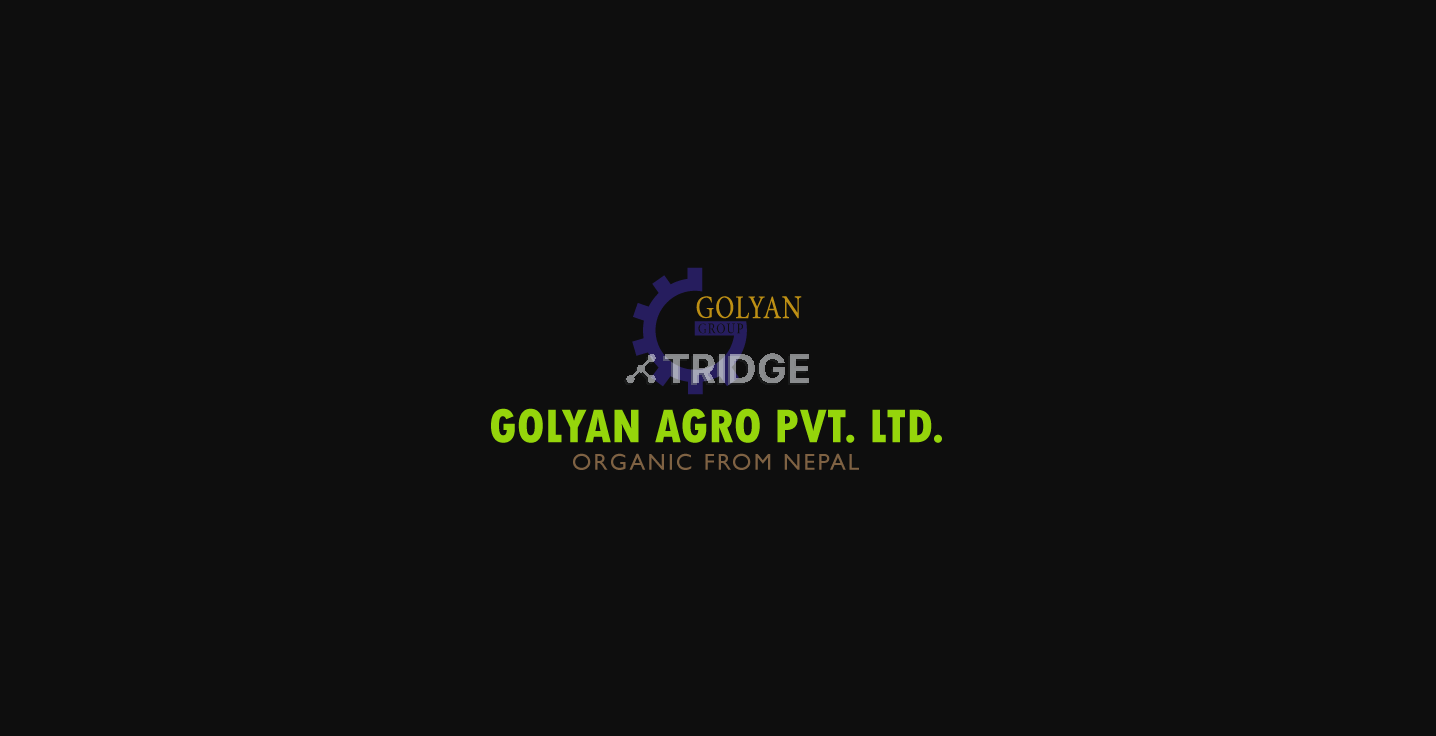
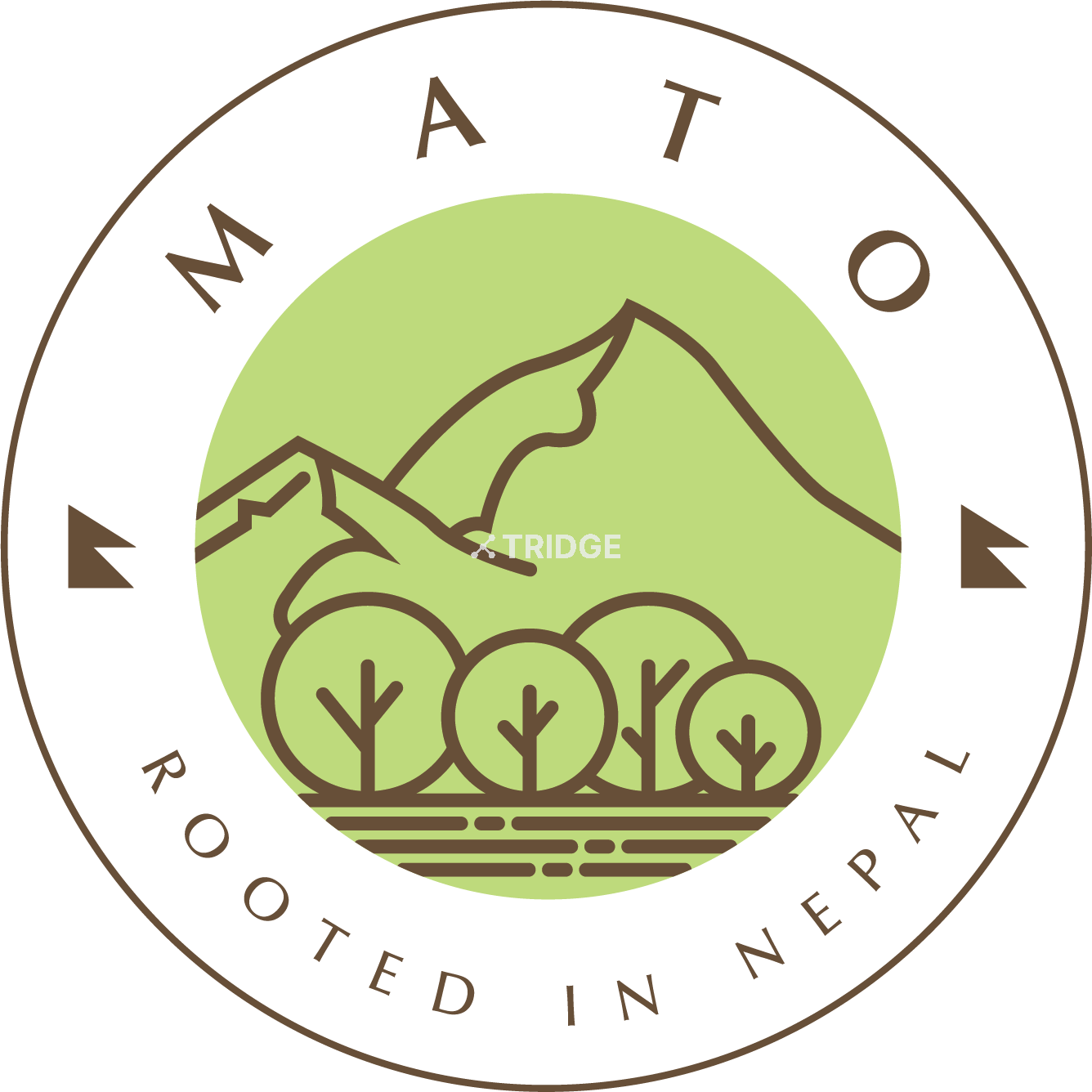
설명
Honey is packed in 300 grams glass round bottle which is airtightly sealed. Then 12 bottles are stored in a box. The honey is stored in cold rooms at 18-degree celsius to maintain its freshness and quality. The product ready for shipment once in one week once the order is confirmed.
요약 정보
Storage:
cold rooms at 18-degree celsius
Packaging:
300 grams glass round bottle
Shipping Time:
One week
Port:
Kathmandu, Nepal
설명
Goylan Agro Pvt. Ltd. ensures that the produced honey is 100% organic, non-GMO and naturally produced. The honey regularly undergoes lab test report to ensure a high and premium quality of honey. The company has a HACCP and HALAL certification.
요약 정보
Quality Aspects:
100% organic, non-GMO and naturally produced
Quality Checks:
Lab test report
Certification:
HACCP and HALAL certification
설명
Honey bee production is directly related to the honey bees activity. The honey bee reaches its maximum activity at 20–26 °C and continues to function well up to 6 °C upper and lower this temperature range. From 32 °C to 39 °C and from 14 °C to 8 °C, they gradually decrease their activities and do not leave their hive at temperatures below 8 °C or more than 39 °C. Nepal has a suitable temperature for honey cultivation. Harvesting takes place twice a year in the region and it is done manually by the local beekeepers. The average production yield is 5000 kg per year for honey.
요약 정보
Harvesting:
wice in one year
Average Yield:
5000 kgs
Production Process:
Manual beekeeping and harvesting
사진 및 동영상

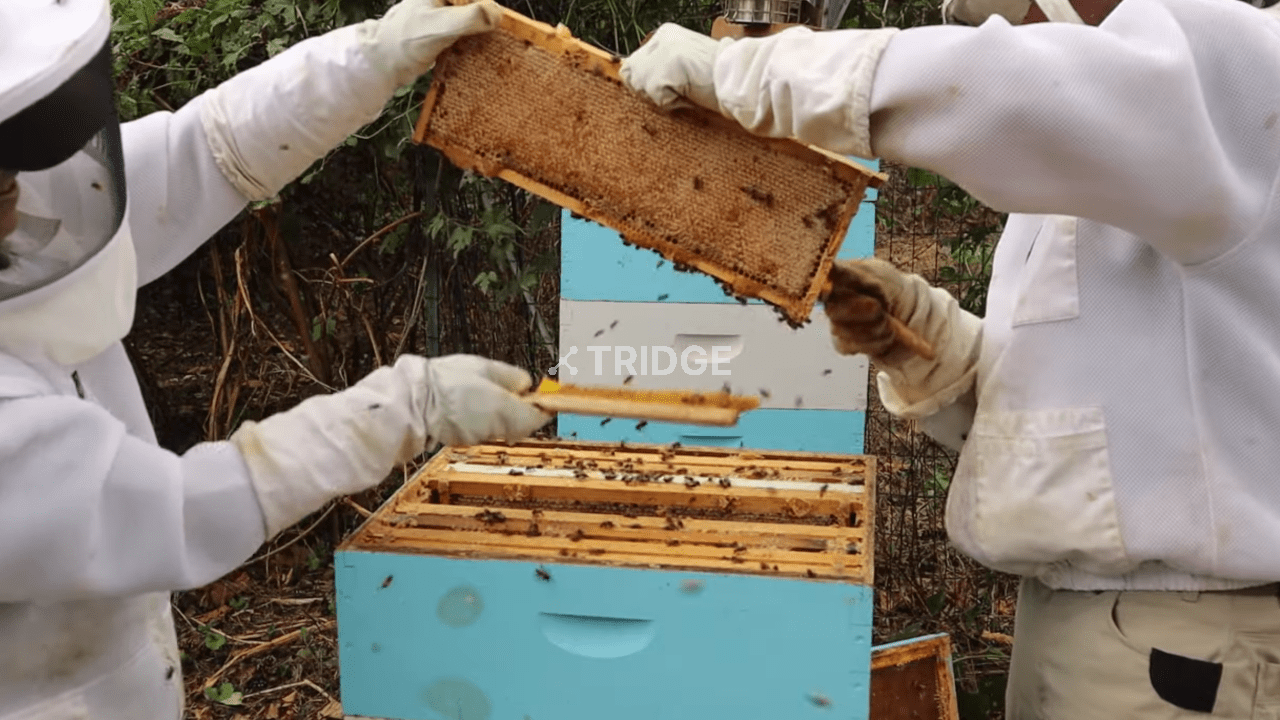




설명
Honey is a sweet liquid made by bees using the nectar from flowers. It is graded by colour, with the clear, golden amber honey often fetching a higher retail price than the darker varieties. The flavour of a particular type of honey will vary based on the types of flower from which the nectar was harvested. Honey has high levels of monosaccharides, fructose, and glucose, and it contains about 70% to 80% sugar, which provides its sweetness. Honey also has antiseptic and antibacterial properties. Modern medical science has managed to find uses for honey in chronic wound management and combating infection.
Goylan Agro Pvt. Ltd. excellent quality liquid and 100% natural honey. They offer the following a number of organically produced varieties like Multifloral (Polyfloral), Mustard (Mustard Flower), Butter (Mantequilla) and the Rhododendron variety popularly known as the "MAD" honey. The colour of the honey varies from amber to golden depending upon the variety. The appropriate temperature to store honey is 24-degree celsius. The honey is meant for direct consumption and usage.
Goylan Agro Pvt. Ltd. excellent quality liquid and 100% natural honey. They offer the following a number of organically produced varieties like Multifloral (Polyfloral), Mustard (Mustard Flower), Butter (Mantequilla) and the Rhododendron variety popularly known as the "MAD" honey. The colour of the honey varies from amber to golden depending upon the variety. The appropriate temperature to store honey is 24-degree celsius. The honey is meant for direct consumption and usage.
요약 정보
Characteristics:
Excellent quality, liquid, natural and amber to golden in colour
Varieties:
Multifloral, Mustard, Butter and the Rhododendron
Usage:
Direct consumption
사진 및 동영상
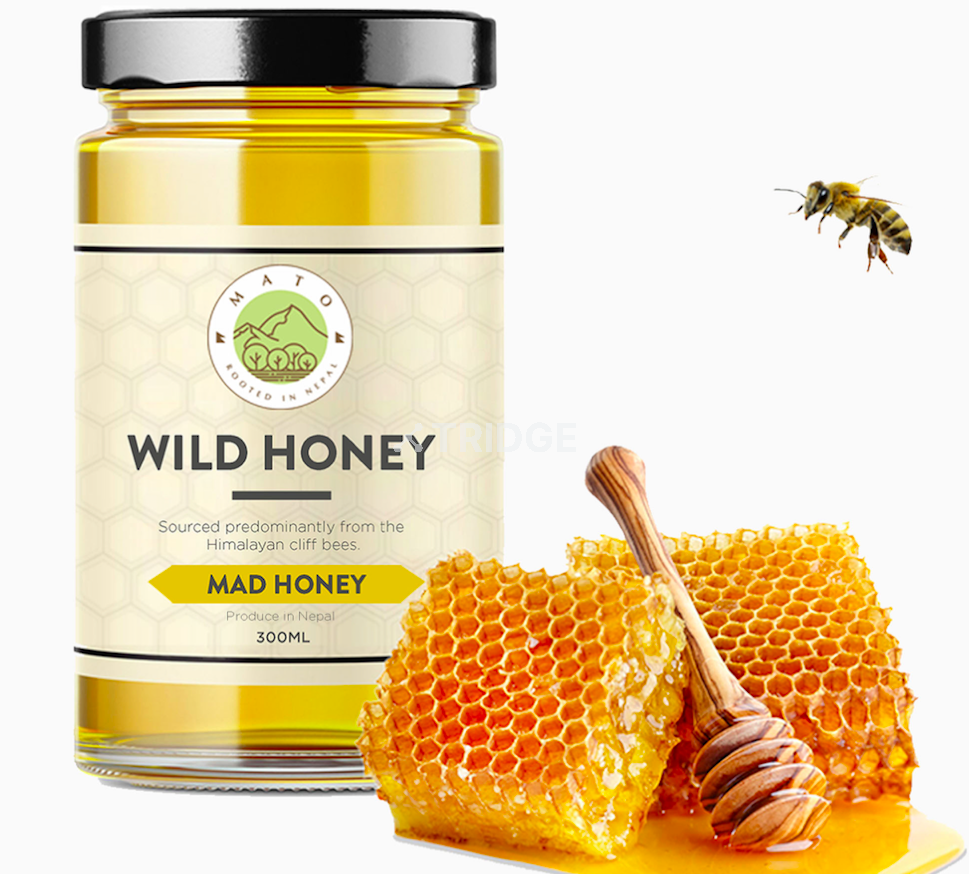
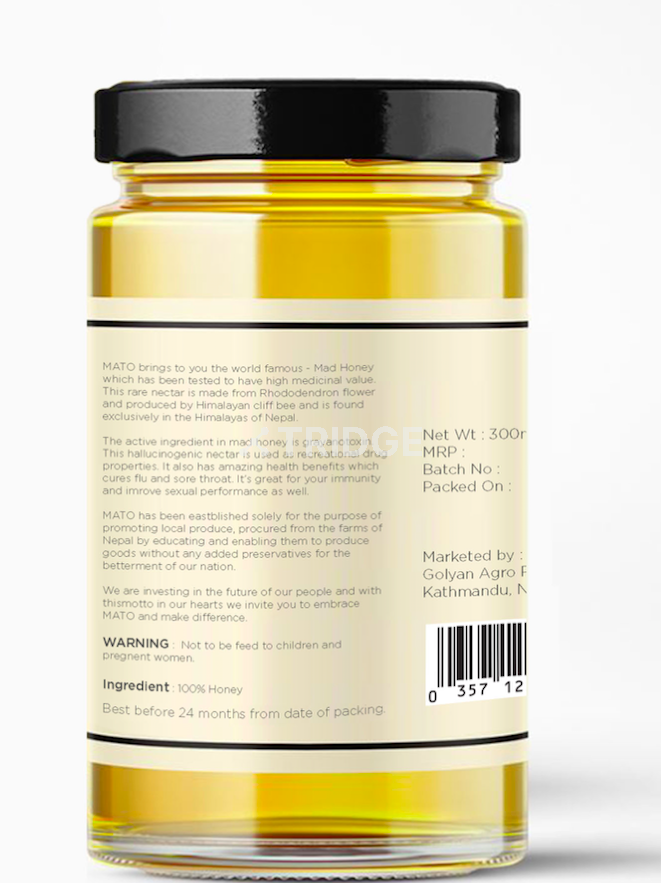
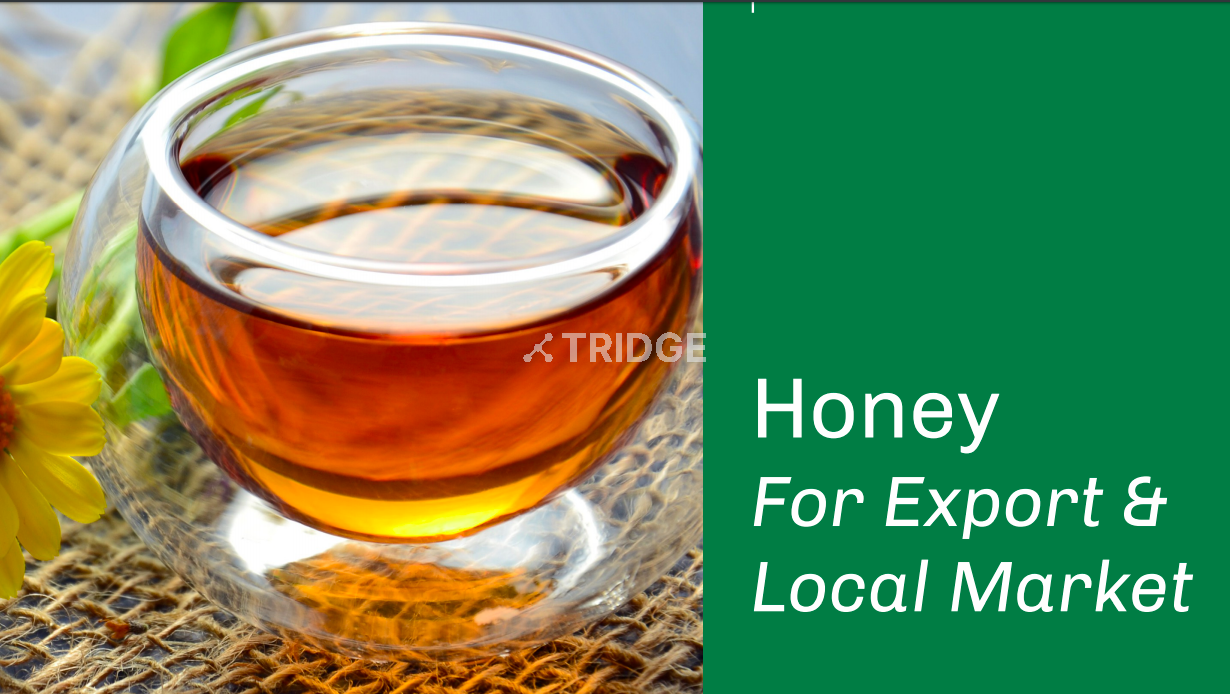
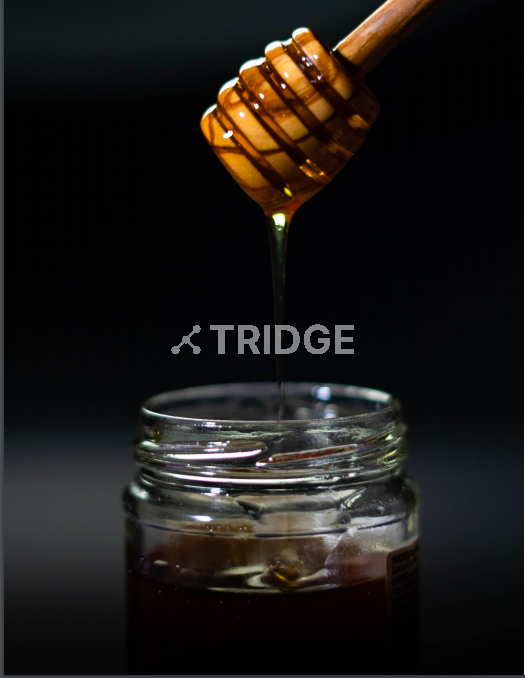

'쿠키 허용'을 클릭하면 통계 및 개인 선호도 산출을 위한 쿠키 제공에 동의하게 됩니다.
개인정보 보호정책에서 쿠키에 대한 자세한 내용을 확인할 수 있습니다.